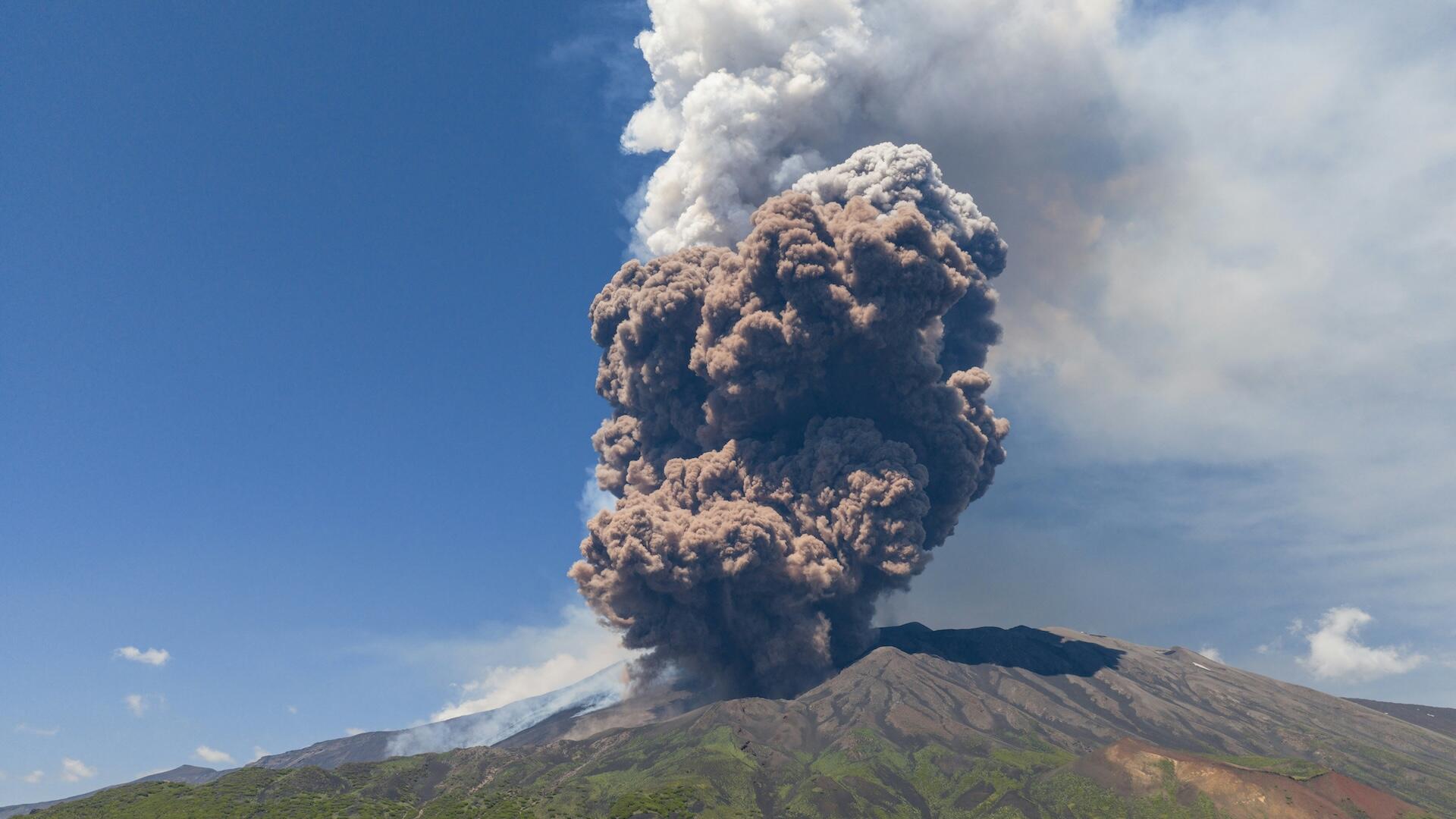Articles in this Cluster
03-06-2025
Russia and Ukraine ended a second round of Istanbul talks without agreeing to an unconditional ceasefire, a key Ukrainian demand. Russia instead proposed limited, short-term truces in certain areas and reiterated sweeping conditions, including Ukrainian withdrawal from occupied regions, recognition of Russia’s annexations, limits on Ukraine’s military, neutrality, and lifting sanctions—terms Kyiv rejects. Both sides agreed to exchange all sick and severely wounded prisoners of war and those under 25, and to return the bodies of 12,000 soldiers (6,000 each). Ukraine expects Russia’s response to its truce proposal by end of June. Prospects for a Zelensky–Putin meeting remain distant, while Kyiv urges tougher sanctions and stronger defense; the US signaled openness to a three-way summit but has delayed tougher sanctions.
Entities: Russia, Ukraine, Istanbul talks, ceasefire, prisoner exchange • Tone: analytical • Sentiment: negative • Intent: inform
03-06-2025
Ukraine launched a large, covertly planned drone attack on multiple Russian bomber bases deep inside Russia, claiming damage to or destruction of 41 aircraft and $7 billion in losses; Russia said it downed 316 drones and struck Ukrainian drone sites but offered no direct public response to the strike. The attack came a day before a second round of Russia-Ukraine talks in Istanbul, where Ukraine proposed a minimum 30-day comprehensive cease-fire, return of abducted children and civilians, nonrecognition of Russia’s territorial gains since 2014, phased sanctions relief tied to compliance, and use of frozen Russian assets for reconstruction. Russia offered no new conditions, maintained its narrative about NATO and “root causes,” and rejected the 30-day cease-fire, though both sides discussed further prisoner swaps after a recent large exchange. A third round of talks is planned without a set date; the U.S. said it wasn’t warned in advance of the drone strike.
Entities: Ukraine, Russia, Russian bomber bases, Istanbul talks, 30-day cease-fire proposal • Tone: analytical • Sentiment: neutral • Intent: inform
03-06-2025
Russia and Ukraine’s direct talks in Istanbul yielded only a prisoner exchange, with no progress toward ending the war. Moscow reiterated maximalist demands—Ukrainian withdrawal from four annexed regions, strict demilitarization, neutrality, restoration of ties without reparations, and full lifting of Western sanctions—amounting to de facto Ukrainian capitulation. Ukraine’s deep-strike capabilities and recent drone attacks inside Russia underscore its leverage. Vladimir Putin’s hardline stance complicates US President Donald Trump’s goal of a swift peace, increasing pressure on him to escalate support for Kyiv or back tougher sanctions, as bipartisan voices in the US Senate push for “crippling” measures on Moscow. Putin’s refusal to compromise may force Trump to act.
Entities: Vladimir Putin, Donald Trump, Ukraine, Russia, Istanbul peace talks • Tone: analytical • Sentiment: negative • Intent: inform
03-06-2025
Russia and Ukraine held a second round of peace talks in Turkey but failed to agree on a ceasefire or a Zelenskyy-Putin meeting. They did agree to a large prisoner swap of about 6,000 each, prioritizing the sick, seriously injured, and those under 25; Ukraine also submitted a list of hundreds of deported children for potential return. Ukraine has one week to review Russia’s ceasefire terms, while Kyiv’s proposal calls for a 30-day land, air, and sea ceasefire, reparations, no limits on Ukraine’s military, and no recognition of Russia’s claims to occupied territories. Zelenskyy warned against rewarding Putin and reaffirmed that Russia cannot dictate NATO membership. The talks followed a major Ukrainian drone strike inside Russia that Kyiv says significantly weakened Moscow’s military. No future meeting date was announced.
Entities: Russia, Ukraine, Turkey, Vladimir Zelenskyy, Vladimir Putin • Tone: analytical • Sentiment: neutral • Intent: inform
03-06-2025
Two bridges in Russia’s Bryansk and Kursk regions near the Ukraine border were blown up hours apart, killing at least seven and injuring 69, according to Russian officials. The Bryansk blast occurred as a passenger train passed under a highway bridge; the Kursk blast hit a railway bridge, scattering freight onto a highway. Russia’s Investigative Committee called both explosions linked acts of sabotage, and lawmakers blamed Ukraine, saying the attacks aimed to derail planned U.S.-pushed peace talks in Istanbul. Ukraine did not comment on the bridge blasts but reported a separate military train derailment in Russian-occupied Zaporizhzhia. The incidents come as fighting intensifies and diplomatic efforts remain uncertain.
Entities: Bryansk region, Kursk region, Ukraine, Russia’s Investigative Committee, Istanbul peace talks • Tone: urgent • Sentiment: negative • Intent: inform
03-06-2025
Ukraine’s unprecedented drone strikes on Russian long-range bomber bases were a major breach of Russia’s defenses, but Russian state media largely downplayed or ignored the incident, focusing instead on a deadly bridge collapse and peace talks in Istanbul. Where covered, outlets framed the strikes as Ukrainian “terrorism” undermining de-escalation, with no detail on damage. On Moscow’s streets, some dismissed the attack or expressed confidence in Putin’s response, while pro-war military bloggers demanded swift retaliation, even hinting at nuclear strikes, and criticized military complacency. The Kremlin has stayed silent, heightening the sense of embarrassment. The episode overshadowed peace talks that yielded only a prisoner exchange and repatriation of remains, while Russia’s reported settlement demands showed no compromise—insisting on Ukrainian neutrality, military limits, territorial concessions, and sanction relief—leaving the outlook for peace bleak and the mood oriented toward continued war.
Entities: Ukraine, Russia, Kremlin, Vladimir Putin, Russian state media • Tone: analytical • Sentiment: negative • Intent: inform
